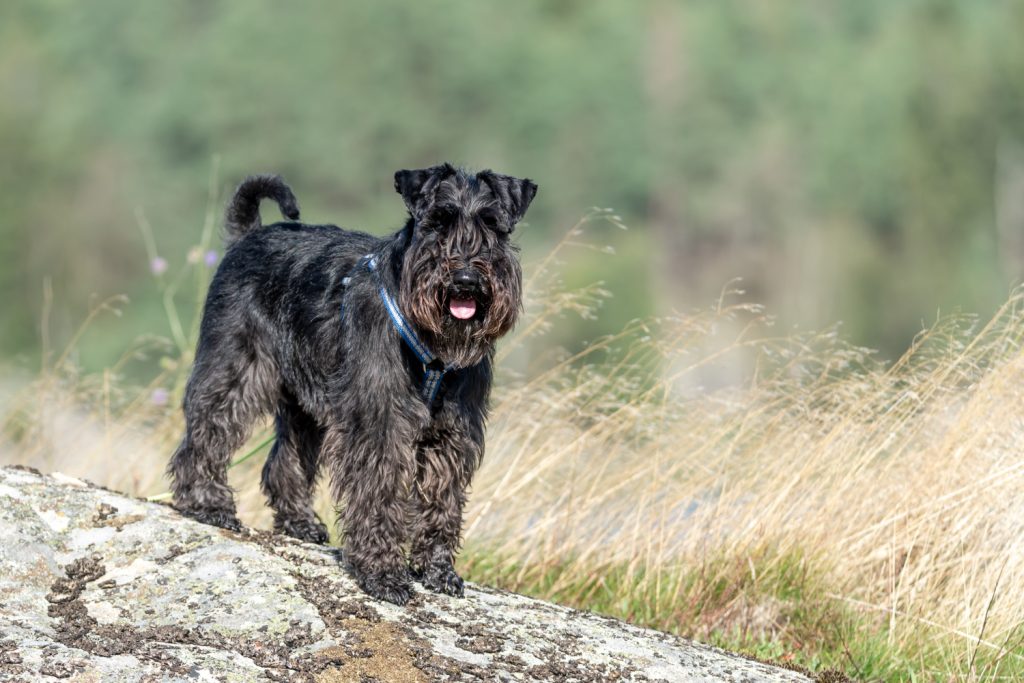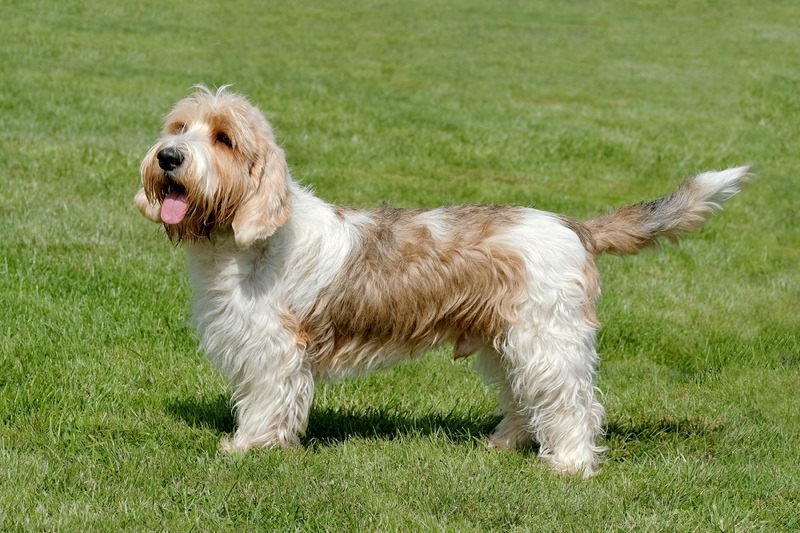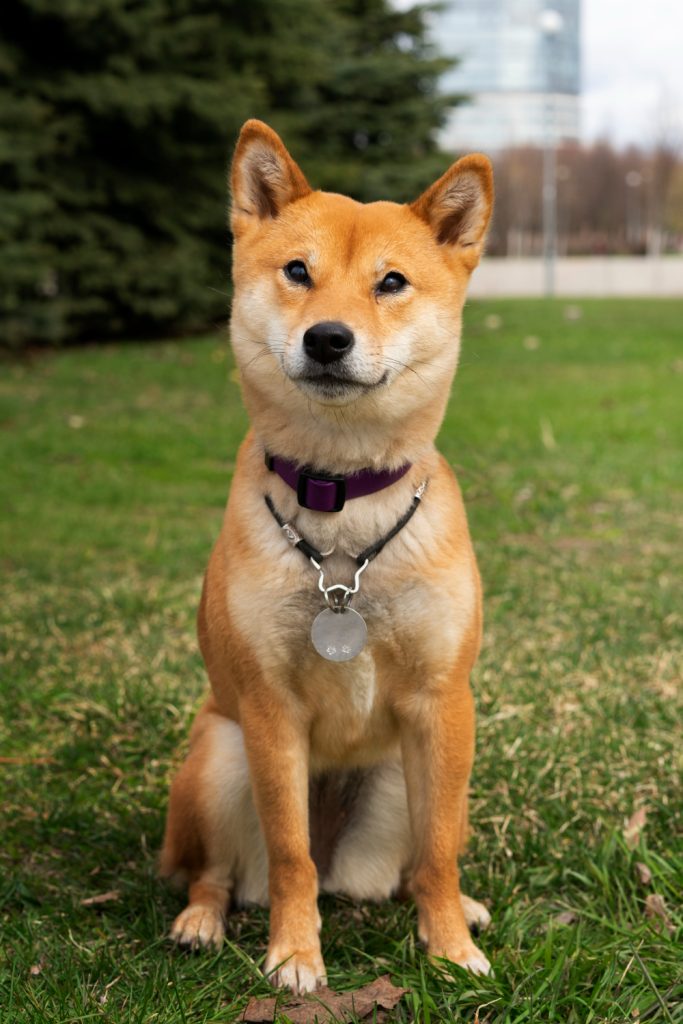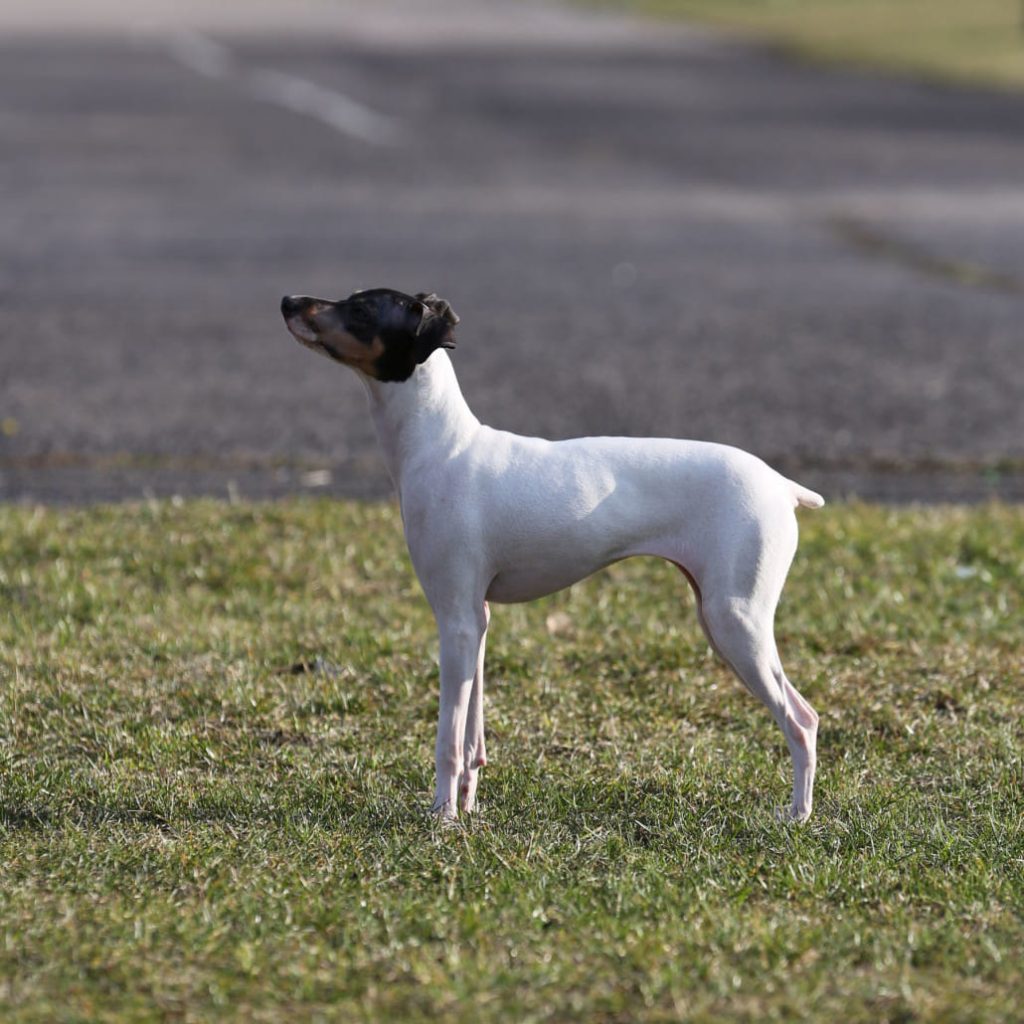Introduction
The Bouvier des Flandres is a striking and powerful breed known for its rugged appearance and gentle, loyal temperament. Originally bred as a hardworking farm dog, this versatile breed excels in various roles, from herding livestock to being a loving family pet. Bouviers are highly intelligent, strong-willed, and fiercely loyal, making them excellent companions for the right owner. Whether you’re looking for a watchdog, a working dog, or a loyal friend, the Bouvier des Flandres brings energy and dedication into any home.
This guide will walk you through everything you need to know about this amazing breed, helping you make an informed decision on whether the Bouvier des Flandres is right for you.
Quick Facts Summary
- Group: Working Group
- Height: 23.5 – 27.5 inches
- Weight: 70 – 110 pounds
- Coat Type and Colors: Dense, coarse coat; colors include fawn, black, brindle, gray, or salt and pepper.
- Lifespan: 10 – 12 years
- Temperament: Loyal, protective, intelligent, calm
- Hypoallergenic: No
- Origin: Flanders (Belgium and France)
Origin and History
The Bouvier des Flandres originated in the Flanders region, which spans parts of present-day Belgium and France. Initially bred as a working farm dog, Bouviers were indispensable for a range of farm tasks, including herding cattle, pulling carts, and guarding property. The name “Bouvier” literally translates to “cow herder” in French, underscoring their primary role in managing livestock.
During the early 20th century, Bouviers were enlisted during World War I, where they served as messenger dogs and assisted in transporting supplies. Sadly, many Bouviers perished during the war, and the breed’s population declined sharply. However, dedicated breeders worked diligently to revive the Bouvier, focusing on preserving the breed’s working abilities and loyal temperament.
Today, Bouviers are no longer needed for farm work as much as they once were, but they have found new roles as police dogs, service animals, and loving family companions. They remain true to their roots as hardworking, reliable dogs with an exceptional drive to protect and serve.
Physical Traits and Appearance
Size and Build
Bouviers are large and muscular dogs that project strength and stamina. Their size and imposing presence make them excellent protectors, yet they carry themselves with grace. Males typically stand between 25 and 27.5 inches at the shoulder, while females are slightly smaller at 23.5 to 26.5 inches. Their weight can vary significantly based on their build, but most Bouviers weigh between 70 and 110 pounds. Despite their bulk, they are surprisingly agile and light on their feet.
Coat and Colors
One of the most striking features of the Bouvier des Flandres is its dense, coarse coat, which serves as protection against harsh weather. Their thick double coat consists of a soft undercoat and a coarse outer layer that provides insulation from rain, snow, and wind. This rugged coat requires regular maintenance to prevent matting and tangling. Common coat colors include fawn, black, brindle, gray, and salt and pepper, with variations in shading and texture across individual dogs.
Distinctive Features
Bouviers have a distinctive appearance characterized by their broad heads, strong jaws, and deep-set dark eyes, which exude intelligence and alertness. Their expressive eyebrows and thick beard give them a serious, almost dignified look. The breed’s ears may be cropped to stand erect or left natural, and they often have a bushy tail that is typically docked to about half its natural length. The overall appearance is that of a dog ready for action, with an air of nobility and calm strength.
Temperament and Behavior
Personality Traits
The Bouvier des Flandres is known for its calm, confident demeanor and strong sense of loyalty. This breed is exceptionally devoted to its family and will go to great lengths to protect loved ones. While they can be reserved around strangers, Bouviers are affectionate and playful with those they trust. Their even-tempered and sensible nature makes them easy to live with, but they also have a strong independent streak that requires consistent and firm guidance.
Bouviers are known for their protective instincts. While they are not aggressive by nature, they will not hesitate to stand between their family and perceived threats. Their innate intelligence means they often know the difference between friend and foe, but they should be socialized early to ensure they grow up well-adjusted and confident.
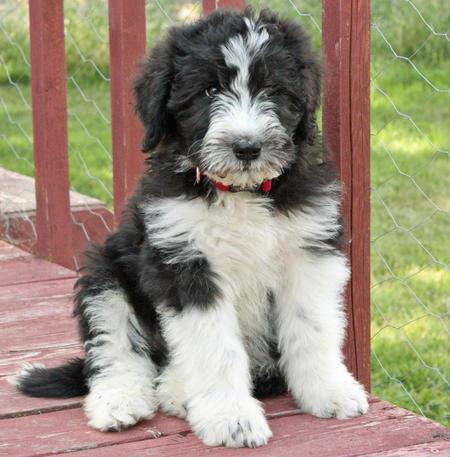
Interaction with Children, Pets, and Strangers
Bouviers are typically very gentle with children, making them excellent family dogs. However, due to their size and strength, supervision is recommended when they’re around young kids to prevent accidental knocks or injuries during playtime. Their natural herding instincts may lead them to “herd” children, which some families find amusing, though it should be managed to prevent unwanted behaviors.
When it comes to other pets, Bouviers are generally good with animals they’ve been raised alongside. They can coexist peacefully with cats, other dogs, and smaller pets, but their herding tendencies may sometimes surface. Early socialization helps them understand boundaries and live harmoniously with all members of the household.
With strangers, Bouviers are typically reserved. They are not overly friendly with unfamiliar people, preferring to observe quietly rather than greet newcomers with excitement. This wariness makes them excellent watchdogs, but proper socialization from puppyhood is essential to prevent shyness or overprotectiveness.
Trainability and Intelligence
Bouviers are highly intelligent dogs that excel in various training activities. They are quick learners, but they also have an independent nature that can sometimes make them stubborn. Positive reinforcement methods work best with this breed, as they respond well to praise and rewards rather than harsh corrections. Early obedience training is crucial, as Bouviers can be strong-willed and may attempt to assert dominance if not properly guided.
Given their intelligence, Bouviers thrive in environments where they are mentally stimulated. They enjoy learning new tasks, making them excellent candidates for agility training, herding trials, and other activities that challenge their minds. Training should be consistent, varied, and engaging to prevent boredom and ensure they remain attentive.
Health and Wellness
Common Health Issues
The Bouvier des Flandres is generally a healthy breed, but like all dogs, they are prone to certain genetic health conditions. Some common health issues that can affect the breed include:
- Hip Dysplasia: This condition, common in large breeds, occurs when the hip joint doesn’t fit into the hip socket properly, leading to discomfort and arthritis over time.
- Elbow Dysplasia: Similar to hip dysplasia, this affects the elbow joints and can result in lameness or arthritis.
- Bloat (Gastric Torsion): Bloat is a serious, life-threatening condition where the stomach fills with gas and twists on itself. Large, deep-chested dogs like the Bouvier are more prone to this, and it requires immediate veterinary attention.
- Cataracts: Bouviers are susceptible to eye issues like cataracts, which can impair vision as they age.
- Hypothyroidism: This condition affects the thyroid gland and can lead to weight gain, lethargy, and skin problems.
Health Checks and Screenings
It’s crucial to work with a reputable breeder who tests for common genetic conditions. Health screenings for hip dysplasia, elbow dysplasia, heart conditions, and eye problems are essential. Regular checkups with your veterinarian can help catch potential health issues early, ensuring your Bouvier remains in optimal health throughout its life.
Diet and Nutrition
Bouviers are large dogs with significant energy needs, so feeding them a high-quality, well-balanced diet is essential. Protein should be the primary ingredient in their food, with additional nutrients like healthy fats and carbohydrates to support their active lifestyle. Overfeeding can lead to obesity, which exacerbates joint issues like hip and elbow dysplasia, so it’s important to monitor portion sizes.
Providing the right amount of food will depend on your Bouvier’s age, weight, activity level, and overall health. Consult with your veterinarian to determine the appropriate diet and feeding schedule. Splitting meals into two or more feedings per day can also help prevent bloat.
Grooming and Maintenance
Coat Care
The Bouvier’s thick, double coat requires regular grooming to keep it in top condition. Brushing their coat several times a week helps remove loose hair and prevent matting. Because their coat is coarse and dense, it can trap dirt and debris, so frequent brushing also helps keep them clean.
In addition to regular brushing, Bouviers benefit from professional grooming every 6-8 weeks to keep their coat trimmed and neat. Their beard and mustache can easily collect food and dirt, so it’s important to clean these areas regularly to maintain hygiene.
Skin, Ear, Eye, and Dental Care
Keeping your Bouvier’s ears clean is essential to prevent infections, especially since their dense coat can trap moisture and debris. Regular ear checks and cleanings will help keep their ears healthy.
Like all dogs, Bouviers benefit from regular dental care. Brush their teeth several times a week and provide dental chews or toys to help maintain oral hygiene. Periodic vet checkups should also include dental exams to prevent gum disease and tooth decay.
Exercise and Activity Levels
Bouviers are an active breed that requires regular physical and mental stimulation. They thrive in environments where they can run, play, and explore. While they are not as high-energy as some other working breeds, Bouviers need daily exercise to keep them physically fit and mentally satisfied. A combination of long walks, playtime, and structured activities like obedience training or agility is ideal for keeping them healthy.
Without adequate exercise, Bouviers can become bored, leading to destructive behaviors or anxiety. They do best in homes with a fenced yard where they can roam freely, but they can also adapt to apartment living as long as their exercise needs are met.
Training and Socialization
Early Training
Training should begin early with a Bouvier des Flandres. Their size and strength make it crucial to establish obedience from a young age. Puppy training classes and consistent reinforcement at home will help your Bouvier understand boundaries and commands. They are eager learners but can be stubborn, so patience and consistency are key.
Socialization
Early socialization is also essential to prevent the development of shyness or overprotectiveness. Expose your Bouvier to various environments, people, and other animals to help them grow into well-rounded adults. Well-socialized Bouviers are confident and balanced, making them a joy to be around both at home and in public.
Suitability for Different Owners
Bouviers are not the best choice for first-time dog owners due to their size, intelligence, and strong will. They require an experienced owner who can provide consistent training and leadership. Families with young children should also be cautious, as Bouviers, while gentle, can accidentally knock over small kids due to their size.
That said, Bouviers are excellent companions for active families, individuals, or couples who enjoy outdoor activities and can provide the exercise and mental stimulation this breed needs. Their protective nature makes them ideal for owners who appreciate a loyal guard dog, and their calm temperament allows them to fit well in a variety of living situations.
How Much Does a Bouvier des Flandres Cost?
If you’re interested in bringing a Bouvier des Flandres into your home, expect to pay between $1,500 and $2,500 for a puppy from a reputable breeder. This cost can vary based on factors like lineage, breeder reputation, and location. Rescue organizations may offer Bouviers at a lower cost, often between $300 and $600, and adopting an older dog from a rescue can be a more affordable option.
Pros and Cons
Advantages
- Loyal and protective
- Intelligent and trainable
- Good with children
- Versatile working dog
Disadvantages
- Requires regular grooming
- Large size may not suit all households
- Can be cautious with strangers
Similar Breeds
If you love the traits of the Bouvier des Flandres but are considering other breeds, here are a few similar options:
- Briard: Another large herding breed with a protective nature.
- Giant Schnauzer: Equally intelligent and loyal, with a similar rugged appearance.
- Belgian Malinois: A highly trainable, energetic breed that excels in working roles.
FAQs
Is a Bouvier a good family dog?
Yes, Bouviers are excellent family dogs. They are protective, loyal, and gentle with children, making them great companions for families with kids.
Why not get a Bouvier?
Bouviers require regular grooming and daily exercise. Their large size and strong protective instincts may not suit every household, especially those with limited space or experience with large breeds.
Conclusion
The Bouvier des Flandres is a devoted, intelligent, and hardworking breed that offers immense loyalty and companionship to the right owner. With their versatile skill set, Bouviers can thrive as working dogs, protectors, and beloved family members. However, they do require commitment in terms of training, grooming, and exercise, making them best suited for experienced dog owners who understand their unique needs.
If you’re ready to embrace the responsibility of owning a Bouvier, you’ll find yourself with a loyal, loving companion who will enrich your life with boundless affection and dedication.

